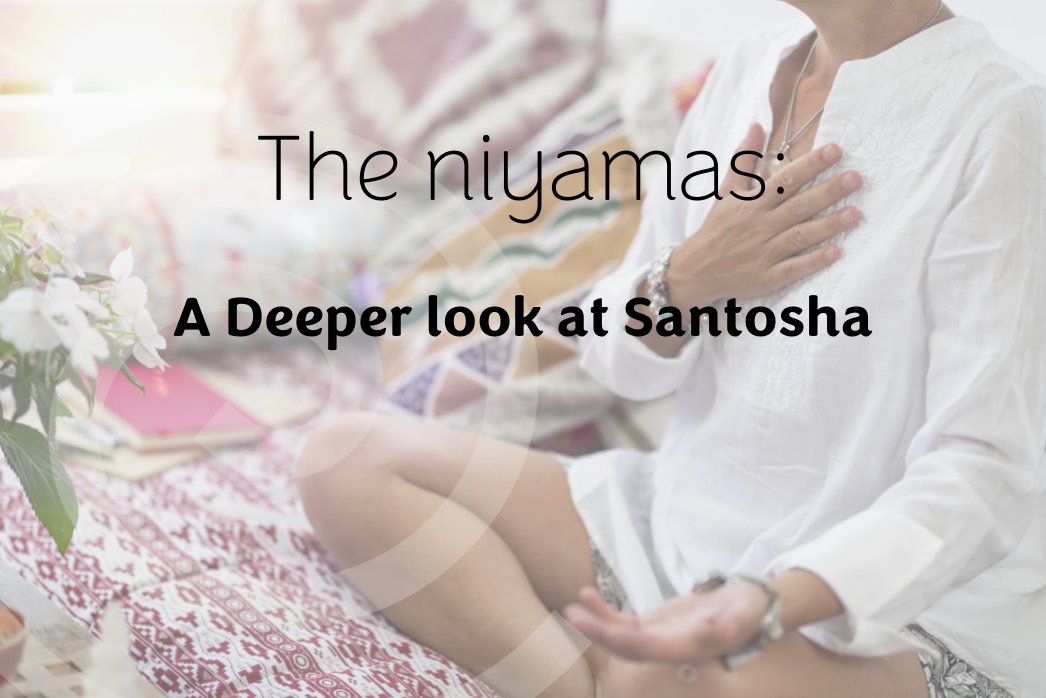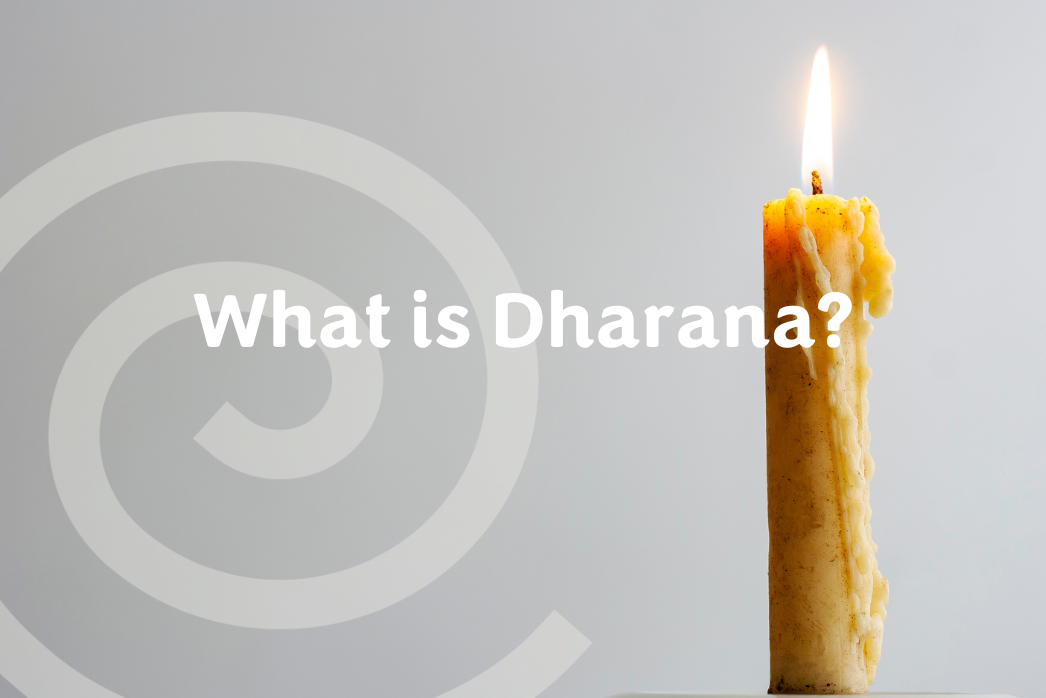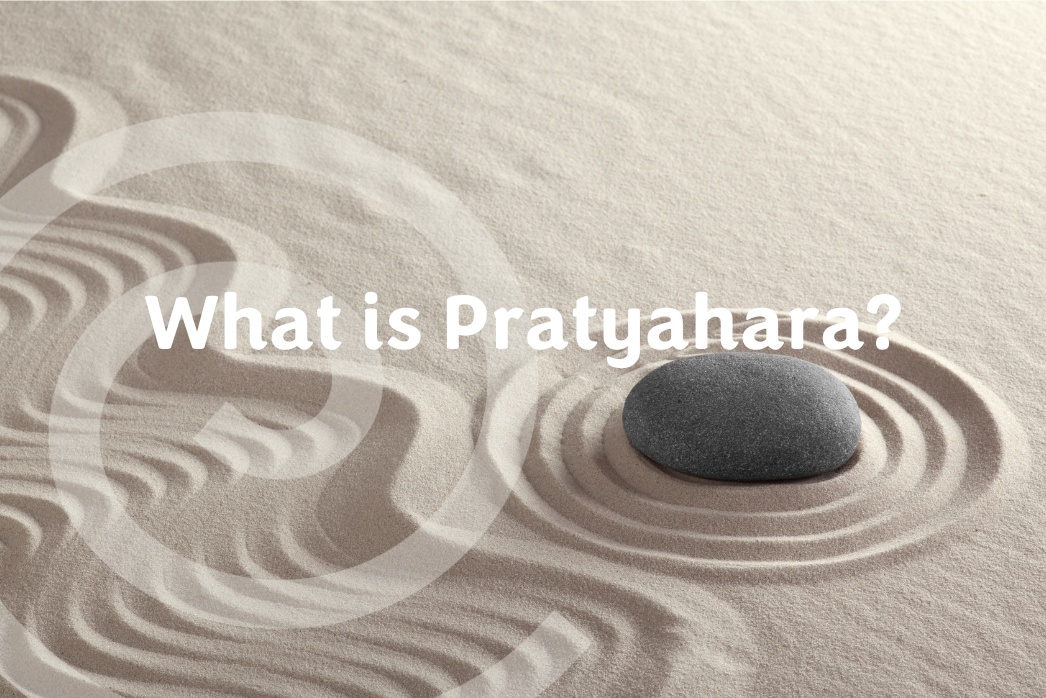The Niyamas: A deeper look at santosha

Santosha (san-toh-shah) is made up of two Sanskrit words: sam, meaning completely or altogether, and tosha, meaning contentment or acceptance. So together, santosha translates to complete contentment. This idea may seem abstract to most of us - something that is unattainable by us common folk and reserved for the great yogis and those who have found enlightenment. We may feel that complete contentment means that we should accept all situations, not trying to change them and giving up altogether or that we aren’t allowed to have desires and dreams. However santosha teaches us quite the opposite. Let’s explore…
We are all on the treadmill of life, going from one task to the next on autopilot believing that the next thing will be what brings us the happiness we are craving; complete contentment that we feel deep in our bones is possible, but haven’t quite been able to achieve. We are constantly saying to ourselves or to others "I'll be happy when..." and once we get to the when, we don’t take the time to stop, appreciate and enjoy the fruits of our labour. We don’t stop to think wow, this is what I dreamt of, this is what I wanted, 15 year old me would be so proud. Instead we rush to the next thing and say, once again, “I’ll be happy when…” and the cycle continues. We spend our lives running up the treadmill, reaching for the next thing, for the ever moving goalpost, for that next dopamine hit. Eventually we come to realise that the next thing didn’t bring us the satisfaction we were looking for and we feel a bit confused and lost. Will I ever be truly satisfied? How can I reach this sense of inner contentment and peace? How can I fill the void? We begin to ask ourselves the big questions. This is where santosha can guide us.
Let’s get one thing clear - there is absolutely nothing wrong with having goals, dreams and desires. Yogic philosophy does not discourage this. Rather it encourages us to understand that happiness is an inside job. No amount of goals achieved is going to bring us that contentment so many of us are searching for. Complete contentment comes from within. We need to stop looking outside ourselves and start looking inside. Everything you need truly is already inside you and we can begin to excavate the layers coming home to our true selves; to the state of contentment. We can use the yamas, the other niyamas and the remaining six limbs of yoga to slowly come to be in this state of contentment permanently. It is a deeply personal journey of letting go, unlearning, rewriting, relearning; not an overnight fix and not for the faint-hearted.
There is no contentment without gratitude. Gratitude is simply the act of feeling and being grateful or thankful. By shifting our awareness, we begin to find gratitude in the most unlikely of places which, in turn, strengthens our ability to notice the ‘good’ more than the ‘bad’. The first time I remember my awareness shifting was when I was 13 years old. My mum was pregnant which meant I started seeing pregnant people everywhere. I hadn’t really noticed them before and suddenly they were everywhere I looked! Perhaps you can remember a similar experience? It wasn’t that everyone was pregnant but rather my focus and awareness had changed. With consistent practice, gratitude expands our awareness and perception and slowly rewires our brains to focus on the positives. So when we are on our treadmills, we are already content within and we know that anything we achieve or receive externally will not affect this contentment. We know that it doesn’t define our self-worth. We are not attached to it (see aparigraha) and losing it will not affect our internal state. We are not dependent on it for our happiness.
Operating from this state of gratitude helps us to stop complaining as often too and encourage us to take inspired action instead. Remember, our words are energy and energy flows where attention goes so when you complain, you will receive more of what you are complaining about. Now here is the bit where people think oh well I must never say or think anything negative again. No no no! Santosha does not encourage toxic positivity. I am not saying do not complain or vent - we all need to let it out sometimes. But rather live by the words "change what you cannot accept and accept what you cannot change". So get your feelings off your chest then identify the problem, find the solution and implement it. And in situations you cannot change or find a solution for, accept what it is, find gratitude in what you do have and move forward from this place of inner calm and peace. Get my free gratitude guide here to start your gratitude practice today.
What are you grateful for? How can you bring more gratitude into your life?
One last thing - it's easy to be grateful when things are going well but when we are faced with a difficult or uncomfortable situation, it can be more difficult to feel gratitude and contentment. So the next time this happens, allow yourself to sit with the discomfort and journal:
How do you feel? Why do you feel that way?
Where do you feel it in your body?
What is the lesson? What is the mirror? What is the gift of this situation?
How can I move through it with acceptance and compassion for myself?
Thank you for being here and exploring the eight limbs of yoga with me. If you have any thoughts, comments or questions please do reach out to me - I love to hear from you.
With love and gratitude,
Jyoti x
(pronounced Jyo-thee)










Leave a comment